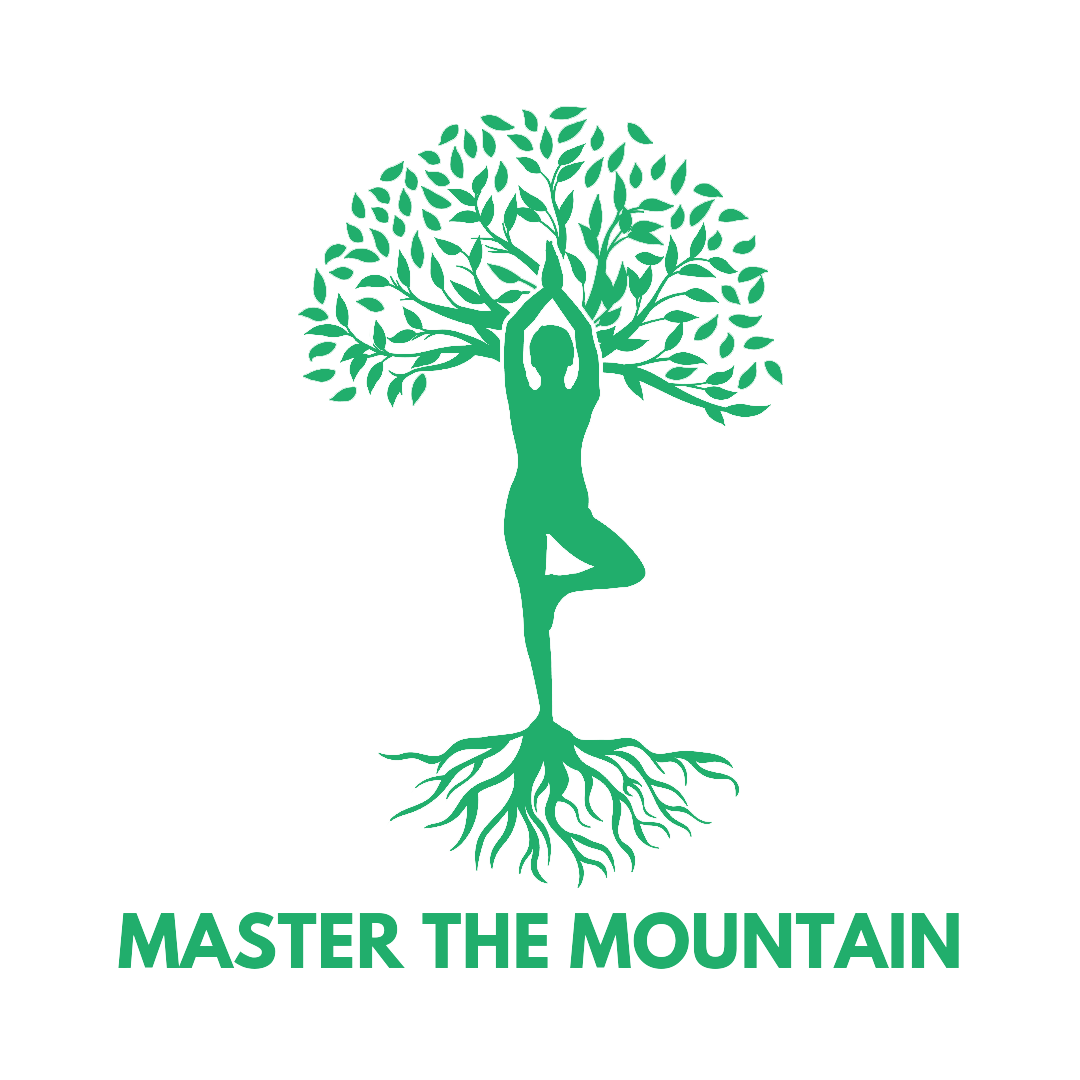Why Master the Mountain in schools?
Why Master the Mountain in schools? The neuroscience
I have always loved anatomy and physiology. From science lessons in school, anatomy/ physiology and neuroscience at university and throughout my yoga studies and self-directed learning, the body and how it functions will always fascinate me. There is more and more evidence every year supporting the link between yoga, mindfulness and breath on the physical body as well as mental and emotional health.
In a recent article by the Sydney Morning Herald, it states that nearly half of Australian school kids are highly stressed at school which is having negative impacts on academic performance and mental/ physical health. The ripple effect on young Australians and society is not to be underestimated. Stress often leads to higher dropout rates which then can lead to repeated inter-generational problems of low academic outcomes, unemployment, poverty and contribution to the community.
Yoga and mindfulness-based programs have shown to be effective in the US and also more recently right here in Adelaide at Clapham Primary School. Have a read of the amazing results here:
INSERT ARTICLE HERE——-
There are three areas of the brain that are affected by yoga, mindfulness, breathing and other techniques used in the master the mountain programs.
The prefrontal cortex
The prefrontal cortex is responsible for higher-level executive functioning such as emotional regulation, planning, problem-solving, learning, concentration/attention, creativity, self-observation, memory retrieval and appropriate social behaviour.
It’s thought that the prefrontal cortex isn’t developed completely until age 25.
The prefrontal cortex is stimulated and development is aided by: conscious breathing, mindfulness meditation, mindful exercise like yoga and eliciting positive feelings/gratitude. During these activities we are spending time connecting to our physical experience which leads to the nervous system being better attuned to the environment.
The Hippocampus
The hippocampus is largely related to the consolidation of information from short-term memory to long-term memory and the recall of information. During times of stress and other strong emotions, the hippocampus is not as available and therefore memory, recall and the consolidation of information is hindered.
The Amygdala
The amygdala is a primitive part of the brain, which releases stress hormones such as adrenaline and cortisol and helps us stay out of danger, which is important at the onset of fear or danger (aka stress response: Flight/fight/freeze response). This is an important response in the body and some stress is useful especially when we need to get out of danger.
The stress response becomes counterproductive when there is prolonged stress over a long period of time. When we experience long periods of low-level stress (meaning sometimes we are unaware we are stressed) not only do we notice a range of symptoms such as inconsistent sleep, immune depression, weight gain/loss, digestive issues and irritability it can affect the way our brain works and how we think and behave.
This is the same for children. When they are stressed, their amygdala is activated, which means their hippopotamus and prefrontal cortex are less available and learning is hindered.
The short Master the Mountain activities used throughout the school day has been seen to help children and teachers remain in a learning state. They can truly gain the most out of their day and the rest of the curriculum as well as teach them lifelong skills in how to calm down, focus and learn.
Reference article link: https://www.smh.com.au/lifestyle/health-and-wellness/nearly-half-of-australian-school-kids-are-stressed-heres-how-to-fix-it-20180126-h0omvq.html
